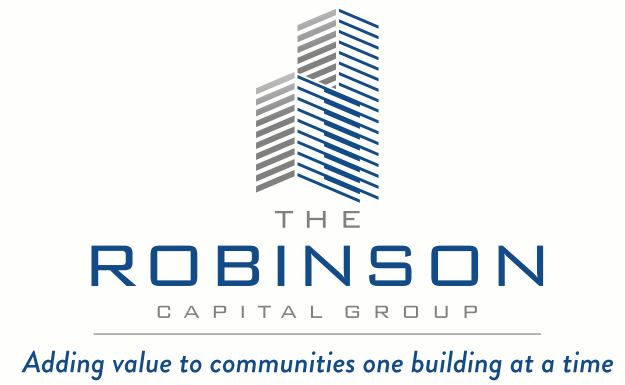Real estate crowdfunding: How our model differs

In recent years, real estate crowdfunding has become increasingly popular, propelled in part by new exemptions in the 2012 Jumpstart Our Business Startups (JOBS) Act. Crowdfunding is one of the many ways people can aim to capture the compelling benefits of real estate investments, such as portfolio diversification and potential for long-term appreciation alongside steady cash flow.
Let’s look at how real estate crowdfunding works—and how our approach at Robinson Capital Group is different.
What is real estate crowdfunding?
In the broadest sense, crowdfunding is a financing method in which money is raised through soliciting relatively small individual investments from a large number of people. In the U.S., crowdfunding via online platforms is a popular way to raise money for everything from charitable causes to art projects.
Specific to real estate, crowdfunding enables individuals to participate in private market real estate investments, including individual properties as well as private REITs and funds. It allows a developer or deal sponsor who has identified an attractive investment to raise the necessary capital from individual investors in exchange for financial interests in the project. Crowdfunding falls into the “passive” category of real estate investing, meaning investors contribute capital while the sponsor shoulders responsibility for managing the assets and delivering an attractive return.
How does real estate crowdfunding work?
There are three main types of participants in a real estate crowdfunding campaign:
- Sponsors – Capital that is raised goes to the real estate developer or sponsor. The sponsor is responsible for identifying, acquiring, managing and selling the real estate investment(s).
- Individual investors – These are the members of the crowd who pool together their funds. Accredited investors can typically participate in any type of real estate crowdfunding investment; non-accredited investors can participate in a more limited scope of opportunities.
- Intermediaries – Online entities such as registered broker-dealers and funding portals act as the link between potential investors and sponsors seeking funds. As the middlemen, platforms advertise deals, manage regulatory issues and collect funds from individual investors on behalf of the sponsor.
The process starts when the sponsor plans a proposed campaign and submits it to a crowdfunding platform. Platforms typically conduct due diligence on the investment before making it available to individual investors. Once the deal is posted to the platform, investors can review the related materials and choose to contribute funds.
